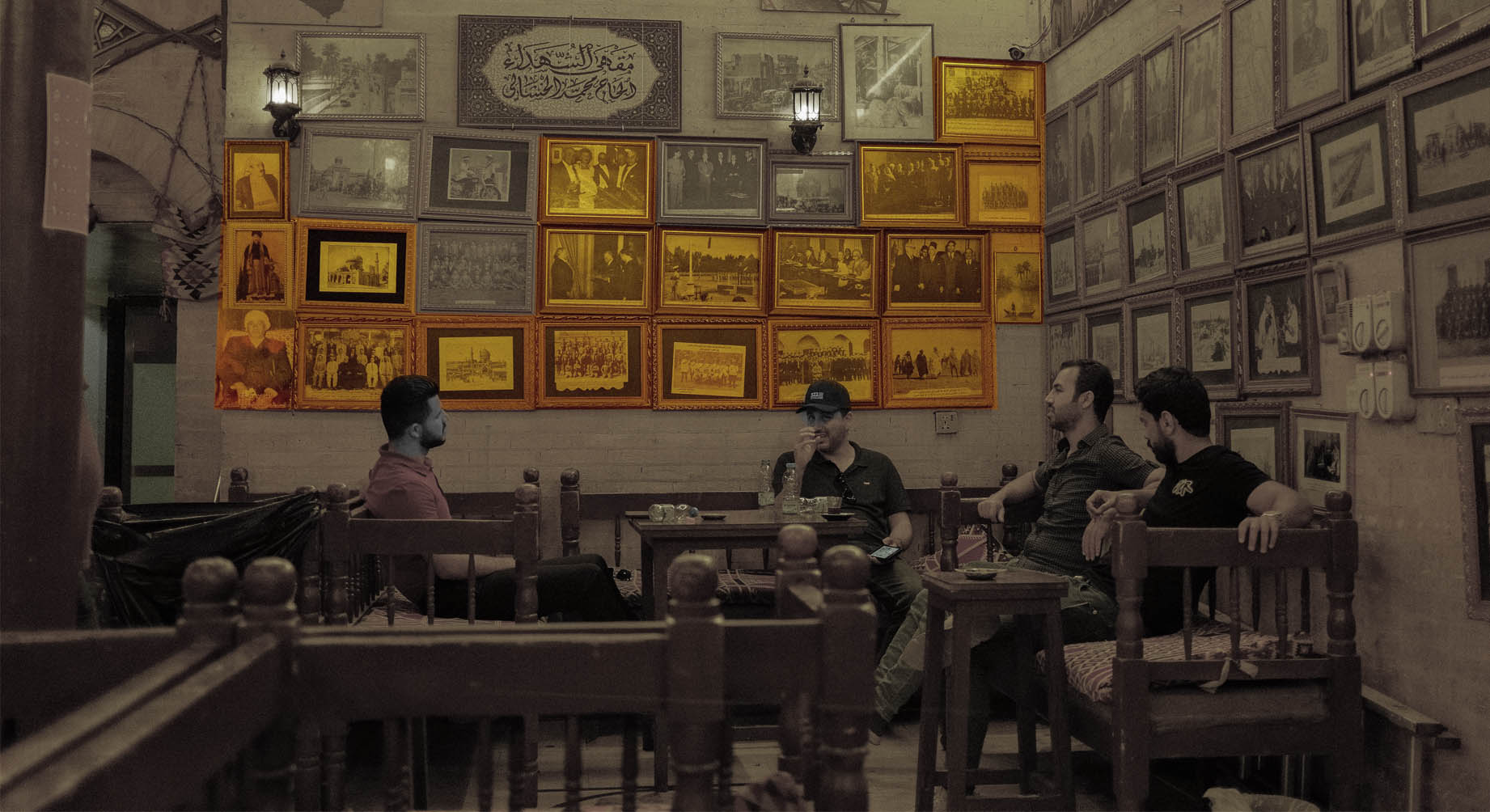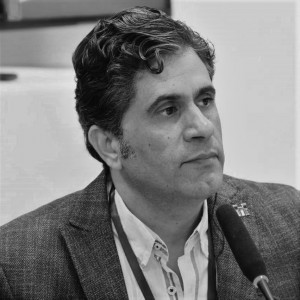
Ten Years after the Genocide: Does Iraq Need a National Dialogue on Transitional Justice? - Dr. Saad Salloum

Ten Years after the Genocide: Does Iraq Need a National Dialogue on Transitional Justice? - Dr. Saad Salloum
Introduction
On August 3, 2024, a ceremony was held to commemorate the tenth anniversary of the Yazidi genocide at the victims' memorial in Sinjar, northwestern Iraq, where ISIS committed unimaginable atrocities. The numbers can give us an approximate picture: the Yazidi population was approximately 550,000. In the wake of the genocide, almost 360,000 were displaced, 1,293 were killed, 2,745 were orphaned, and 6,417 were kidnapped (3,548 women and 2,869 men).
Amid this bleak picture, the Yazidi community continues its struggle to recover and rebuild. Sinjar had been ready to rebuild after the international coalition forces announced the defeat of ISIS in 2017. However, only limited action has been taken since then.
Nonetheless, the tenth-anniversary commemoration highlights the need for a multi-track national dialogue on how to confront the past: a horizontal dialogue between the social components that lost trust in each other due to the genocide and a vertical dialogue between these components and the authority that failed to protect them from the genocide. Elites link this comprehensive loss of trust to denial, or, in other words, the failure to acknowledge and apologize for what happened to the Yazidis and the inability to achieve the required elements of transitional justice. This constitutes - in my view - a starting point for a national dialogue on the elements of transitional justice that need to be addressed, which can be classified as follows:
Criminal Justice
The Yazidi community was looking forward to prosecuting those responsible for the genocide and trying them publicly in a national, international, or mixed court. However, significant legal and procedural obstacles have emerged, as Iraqi domestic law currently limits charges to acts of terrorism, undermining broader accountability efforts. In addition, the Iraqi government’s implementation of these processes lacks the transparency, efficiency, and timeliness necessary to achieve justice for survivors. It excludes involving victims and survivors in achieving criminal justice by having them confront perpetrators in public sessions. Thus, impunity for some perpetrators may be reinforced, and civil society's participation may be stifled in various ways.
Therefore, Yazidi demands to establish an international court specialized in ISIS crimes and internationalize the Yazidi issue become understandable. On the other hand, internal political fluctuations and instability in the country may lead to policies that equate perpetrators with victims or victims with executioners, as happened when the federal parliament discussed a general amnesty law in July 2024, which sparked widespread objections from the Yazidi community, fearing that it would include perpetrators of genocide.
Reparative Justice
On March 1, 2021, the Yazidi Survivors Law recognized the crimes committed by ISIS against them and other minorities. It also established a compensation pattern for victims. It was a crucial step. However, contextualizing the idea to ensure compensation for the community, not just individuals, links compensation for victims with the public recognition of the right of all members of society to receive justice and respect through a form of administrative autonomy that frees them from the Kurdish-Arab conflict over their lands and identity. Thus, transforming Sinjar district into an independent governorate with a budget and support within a unified Iraq falls within the context of community-wide compensation.
Preventive Justice
The occasional outbreak of hate speech continues to terrify the Yazidi community of a repeat of the genocide. There are several disturbing examples of the rise of hate speech against the Yazidis in recent years. They regurgitated a prevailing stereotype: that Yazidis are infidels who worship Satan. This is an idea that ISIS initially adopted in its mass killings of this persecuted minority.
All the cases of hatred in which these stereotypes are used to fuel hate speech with religious emotions reveal a failure to change these false images in the media and the failure of the Ministry of Education to play its role in defining the beliefs and culture of the Yazidi community in a way that ensures changing the false images about them and achieves societal immunity against those who feed this discourse.
Restorative Justice
The failure to approach transitional justice systematically and firmly leads to deep sensitivities towards policies that neglect some of its elements. This explains the sensitivity shown by members of the Yazidi community towards the terms and concepts of reconciliation, peaceful coexistence, and tolerance. It also explains their rejection of any reconciliation sessions that do not address their concerns related to criminal justice (holding perpetrators accountable), restorative justice (fair and dignified compensation for the community, not just its individuals), and preventive justice (protecting them from hate speech and the occurrence of the next genocide).
Therefore, the Yazidis were outraged when the media circulated the news of the signing of the Social Harmony document on March 30, 2024, between Arab, Islamic, and Yazidi tribal and religious parties. According to those in charge, it was meant to consolidate peace and coexistence between the Yazidi and Arab communities. Those who rejected the document said it represents "a circumvention to prevent the perpetrators and those whose hands were stained with the blood of the Yazidis from being brought to justice to receive their punishment and for the Yazidi community to take its right thereby." On the other hand, those in charge of the document believed it represented real support for the region and contained an integrated project presented to Prime Minister Mohammed Shia al-Sudani that includes services for the deprived areas in western Nineveh, especially the districts of Tal Afar, Sinjar, and Baaj.
A comprehensive national dialogue on the optimal approach to restorative justice is needed, one which not only takes the state's approach but comes as the result of broad consultation with society that would address the deep causes of the conflict. The Yazidis were exposed due to accumulated factors and stereotypical ideas that were instilled in the collective consciousness over many decades. The lack of political will to change education curricula in a way that supports the idea of rebuilding trust between social components and adequately defining religious minorities is a stumbling block to long-term stability.
Dr. Saad Salloum
Recent publications



